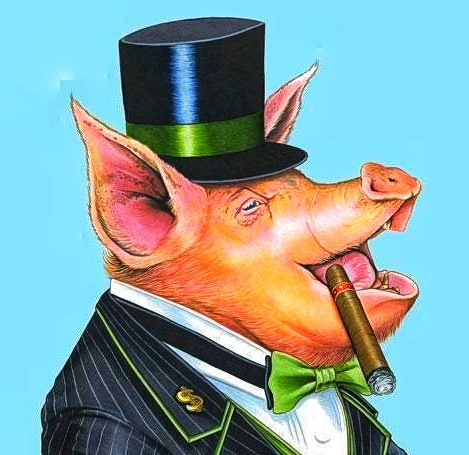Not just censorship, but looking at what happened with Tarkovsky, being exiled for simply not returning to the USSR. I know Hollywood did the same at the time regarding film 'guidelines', I'm just curious if there's more context to the USSR's rather strict attitude with film? Or is this just western propaganda I'm swallowing?
There was an ebb and flow to it, like everything. In the lead up to WWII as fascism was a growing existential threat to the Soviet Union, speech become constricted in an effort to prevent subversion. (Also, there was an ongoing cultural revolution against bourgeois influence) Even the USA enacted similar restrictions once they finally chose a side and joined the war, because in a time of existential total war governments typically suspend some speech rights for obvious reasons. But from the 50s onward, there were much fewer restrictions. George Lucas is even on record praising the degree of creative freedom Soviet directors had over their approved projects in the 70s.
I totally forgot about that George Lucas quote. Yeah I can agree with the reasoning, I saw a post on here discussing 'soft power' and how America essentially has a monopoly on cultural soft power. Looking at just how subtle American ideals are injected into 'non-political' properties such as Marvel or Transformers, they were right on wanted to stem the flow of bourgeois influence.
Kinda, it’s like you make a script and studio buys it to make a movie. If script is shit (I suspect majority of whining) or it’s completely antithetical to soviet system, they don’t get money. Tarkovsky, somewhat famously, wasted a shitton of labor to film his movies, which were not popular, exactly.
Usual case was they would either blunt or change scenes around to not get censored: like you can make movie “everything is shit”, but then make some remark it was shittier/this was 20 years ago/stamp some lenin quote in there and be good to go
That makes sense. The last part sounds very similar to how Hollywood works nowadays. It is sad to hear about how strict it was though, even Come and See had struggles getting made originally.
It’s one of those things, some part censorship, but some part like editing in creative process. You always hear about auteurs who has struggled, but won, with implied how many didn’t, but at the same time how much shit didn’t get made :shrug-outta-hecks:
Studio system was kinda interesting, they have fixed rates for everyone salary wise, so basically monetarily calculation on studio was: will this be popular? Will it pass censorship? Tarkovsky was kinda (if I remember correctly) in same position as war and peace director, make popular shit to have good will to make his own stuff
If Blackshirts and Reds was anything to go by, they didn't censor enough.
Scholars and government officials were allowed to take a decidedly pro-American, pro-colonialist, pro-war, and pro-capitalist stance with what looked like zero repercussions in the run up to the collapse of the USSR.
Was censorship a real issue in the USSR?
There's a real "it's only censorship when my opinions are being censored" that often gets passed along as unbiased neutrality in more reactionary places, so I'm always curious with a differently worded version of this question: Was censorship in the USSR fundamentally worse than in the US?
The answer(s) might be different across lines like race, gender, etc..
Yeah that would have been a much better way to phrase the question.


